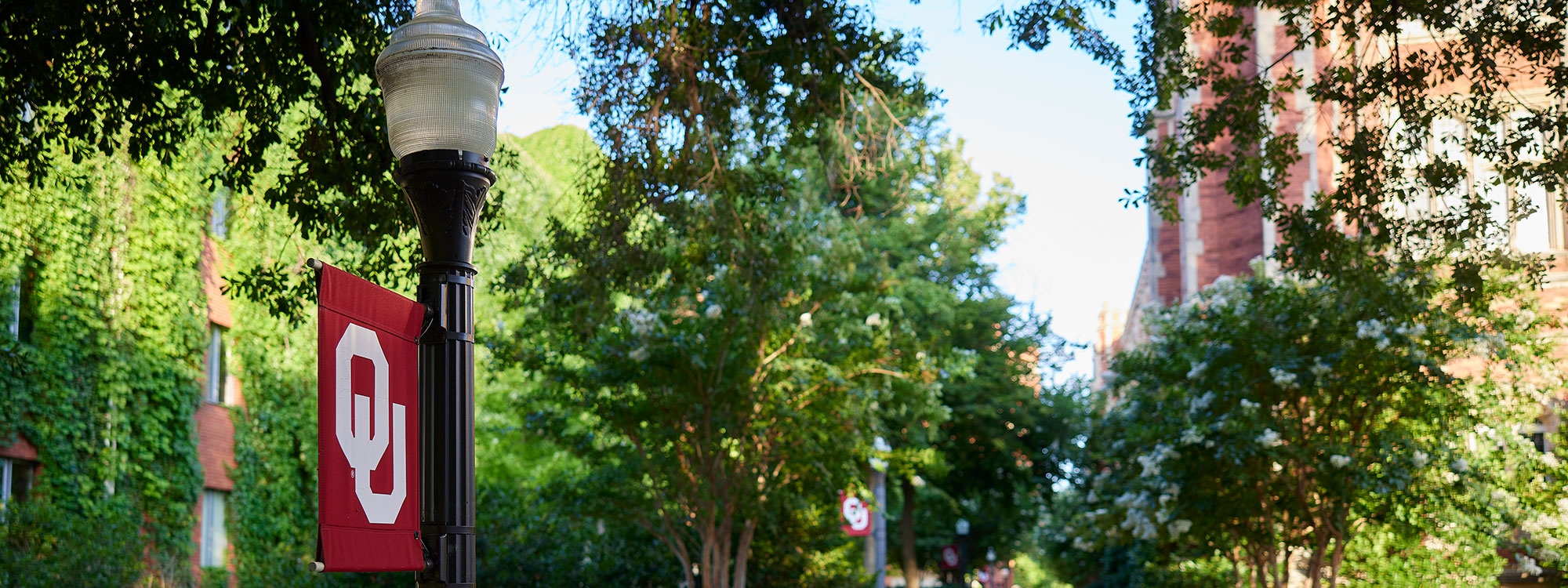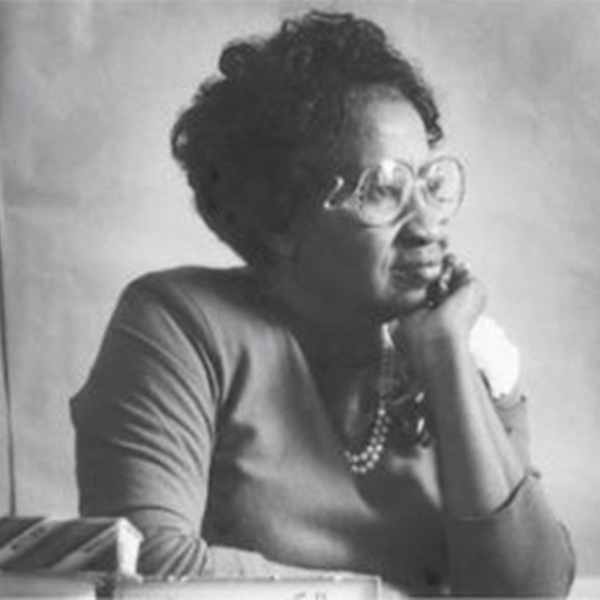
The Clara Luper Department of African & African American Studies at the University of Oklahoma (AFAM) is notable as the first degree-granting department of its kind in Oklahoma. For over forty years, AFAM courses have offered students the opportunity to learn, discuss, and research histories, cultures, literatures, methods, data, and intellectual debates relevant to the discipline.
The department is interdisciplinary with faculty representing the Arts, Humanities, Sciences, and Social Sciences. Students majoring in AFAM learn from award-winning professors who are researchers and scholars active in their respective fields. In the spirit of our namesake, Clara Luper, AFAM has a community-engaged mission. All AFAM majors enroll in a Senior Capstone course with an embedded internship component. Through our scholarship, teaching, and service we aim to facilitate dialogue between those on campus and in the community via education and civic engagement. We sponsor and co-sponsor campus events, partner with local community organizations on initiatives, and faculty have received grant funding for community-based research.

Known as the “Mother of the Oklahoma Civil Rights Movement,” Clara Mae Shepard Luper was born in 1923 in rural Okfuskee County, Oklahoma. Her father, Ezell Shepard, was a World War I veteran and laborer, and her mother, Isabell Shepard, worked as a laundress. As a child, she was raised in Hoffman, Oklahoma. She went to high school in the historic Oklahoma Black town of Grayson. In 1944, she received a B.A. in mathematics with a minor in history from Langston University (OK). In 1950, Luper was one of a group of African American students who integrated the graduate programs at the University of Oklahoma, where she received an M.A. in History Education in 1951.
In 1957, as Clara Luper worked as a history teacher at Dunjee High School (east of Oklahoma City), she also became the advisor for the Oklahoma City NAACP Youth Council. At this time, she was deeply influenced by the success of Dr. Martin Luther King, Jr., and the Montgomery Bus Boycott. From 1958 to 1964, Luper mentored members of the NAACP Youth Council during its campaign to end the segregation of public accommodations in Oklahoma City through sit-ins, protests, and boycotts. While instrumental in leading integration in Oklahoma, Luper also led campaigns in Oklahoma City to gain equal banking rights, employment opportunities, open housing and voting rights for all citizens.
The following courses will be offered:
"AFAM Mondays" has quickly gained popularity at the University of Oklahoma, with increasing attendance and rave reviews for the diverse menu. Join us every Monday from 12:30 PM to 3:00 Pm at The Henderson-Tolson Cultural Center in the Henderson Room to fellowship and enjoy the community spirit and delicious food.